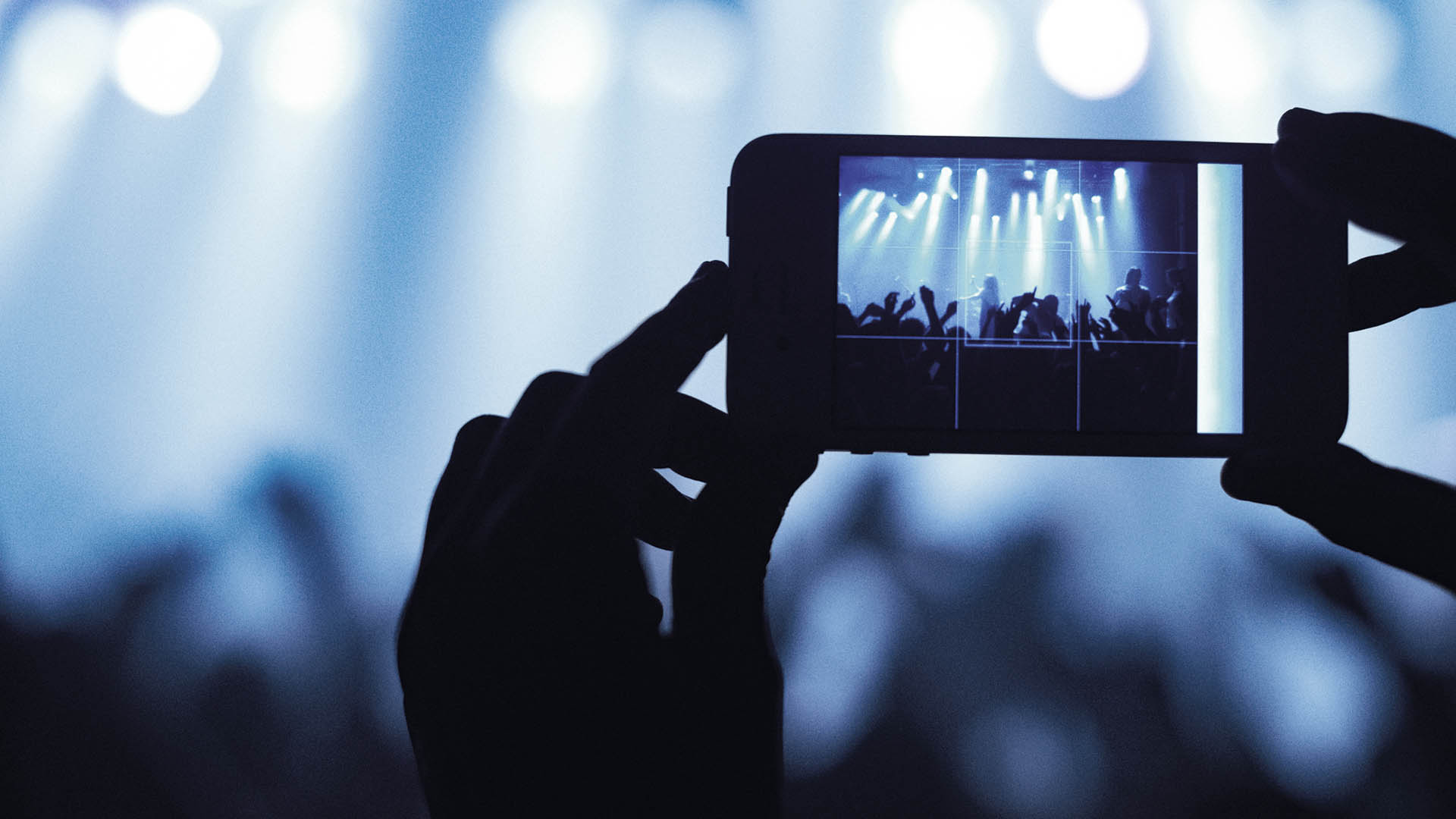Creating Value Through Experiences
View PDF
Improving prosperity globally and the proliferation of information technology have opened-up new market opportunities and paved the way for the experience economy.
It is likely that people in the future will have more spare time and easier access to experiences than we do today – read more about this in our perspective ”The Next 30 Years”. But today, time is a scarce resource for many, which raises awareness on how to prioritize spare time, and we appreciate the value of not wasting time on what is unnecessary or uninteresting.
Today, consumption patterns are moving towards experiences rather than physical goods especially in the western part of the world. The growth of information technology and social media make it possible to spread messages about our experiences so fast that consumers’ desire for similar experiences become self-reinforcing.
This change in consumption demand is forcing industries to market and sell their products in ways that add value to the brand and engage customers. As customers, we reveal our preferences though our purchases of experiences and through social media we inform others on how we value these experiences. We have seen this apply to restaurant reviews, travel, concerts, and even more mundane matters like shopping in the supermarket and going to the gym. The experience is beginning to apply to all types of purchases – in physical stores as well as in online shops.
The potential of the experience economy is its ability as a status enhancer, especially for younger people – the so-called millennials. Whereas former status symbols were things like cars, handbags or a watch, in the new generation status comes from uploading images on social media that tell a story about who we are as individuals. Also, we are arguably less likely to compare a purchase of an experience as we do with a physical product, as each person’s experience is more differentiated.
New ways of branding products
Stores in the future will brand their physical presence, ambiance, experience and lifestyle and emphasize them as much as the traditional product itself. It will bring new challenges to vendors of branded products, but also new opportunities for expanding their branding platform and demonstrating associated value.
An example on how to add value to a product through an experience can be illustrated in the price of a cup of coffee in various situations. Generic roasted coffee beans, which we buy in bags of 500 grams in the supermarket, cost approximately one dollar per 100 grams. If we desire the time-saving brewing edition, which is freeze-dried, the price rises to 5 dollars per 100 grams. If we have guests visiting, we might like to give them a more delicious coffee experience by using a Nespresso capsule put in a trendy coffee machine. This is sending a lifestyle message and raises the price to about 10 dollars per 100 grams. Finally, the cup of coffee that by far exceeds the price of these other examples, is when you go to a café or specialty a coffee shop. Here, because the experience is staged and the coffee is prepared by a barista, you will pay more than 20 dollars per 100 grams. This example demonstrates that customers are willing to pay as long as they consider the all-inclusive experience worth the money.
We believe that creating unique experiences is the pivotal point of many business models, whether it is in creative professions (music, theatre, etc.), the experience industries (e.g. amusement parks, hotels and cruise lines), or in the experience of products and services in other business areas.
Data from Barclaycard, which processes about half of all UK payment card transactions, provides evidence of this trend. The data from early 2017 show an increase of 20 pct. in payments on pubs compared to the year before. Restaurant payments increased by 16 pct., while the purchase of tickets to theatres and cinemas increased by 13 pct. Meanwhile, payments to department stores fell by 1 pct., car sales fell by 11 pct., and household appliances fell by 2.5 pct. In the US, signs of this trend were evident in 2017 as well with experience-related consumption increasing by approx. 5 pct. for the year. We therefore think that Americans will spend more money on experiences in the coming years.
Experience economy will change business models
The experience economy has in some ways always been an integral part of capitalism as the emotional dimension always has had a role in the marketing of product and services. But in our view, we are at a transformational stage given the power of underlying drivers like the explosion of information technology and the ongoing increase in demand from a growing middleclass worldwide, which drive changes in consumption patterns. We believe this pivotal change will create winners and losers among industries and businesses. Some companies are better positioned, but all companies need to understand the new consumer behavior to develop their business models and protect/enhance revenues and margins by connecting and engaging with the consumer. We are researching for companies that either benefit from this changed consumption behavior or intelligently use experiences to strengthen the business model.
For more information about our thoughts and investment strategies, please go to cworldwide.com.

